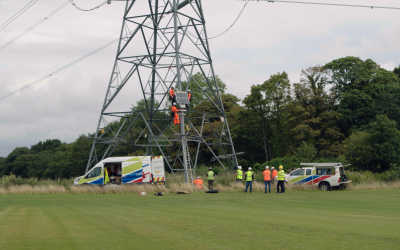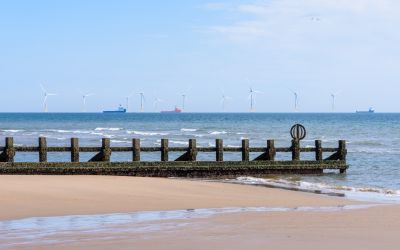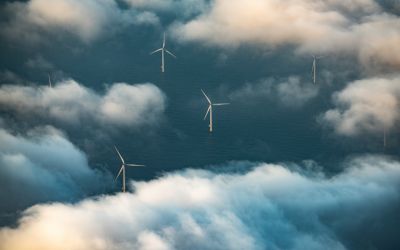Subsidy-free offshore wind farm to be built in the Netherlands
Swedish energy company Vattenfall has won the right to build a major non-subsidised offshore wind farm in the Netherlands.

Swedish energy company Vattenfall has won the right to build a major non-subsidised offshore wind farm in the Netherlands.
The project is one of the first offshore wind farms to ever win a contract without financial support from a government, following a similar auction in Germany last year.
The 700-750 megawatt wind farm, called Hollandse Kust Zuid, will be located 14 miles off the Dutch coast, and cover an area of 137 square miles. Vattenfall estimates it could power up to 1.5 million households upon completion within the next five years.
Dutch Economic Affairs and Climate Minister Eric Wiebes said: “Thanks to drastically lower costs, offshore wind farms are now being constructed without subsidy.
“This allows us to keep the energy transition affordable. Innovation and competition are making sustainable energy cheaper and cheaper, and much faster than expected too.”
Technological developments and government support have helped offshore wind dramatically reduce its cost in recent years. Different European countries, notably Germany and the UK, have been competing to build new projects at as low a price as possible.
The latest Dutch auction is the third in five rounds intended to increase the amount of offshore wind power to 4,500 megawatts by 2023.
Magnus Hall, Vattenfall's President and CEO, said: "This is excellent news for Vattenfall and the Netherlands. It is a significant step for us in view of our ambitions to grow in renewable energy production. We have previously announced that we intend to invest €1.5 billion in growth investments in wind power for the period 2017-2018”.
Offshore wind is seen as a key technology to grow the percentage of renewable energy in the country. The Netherlands sits near the bottom of the EU table for progress in renewables. A government review last year concluded that it is on course to miss its 2020 target to source 14 percent of its energy from renewable sources.
Photo Credit: Nuon






